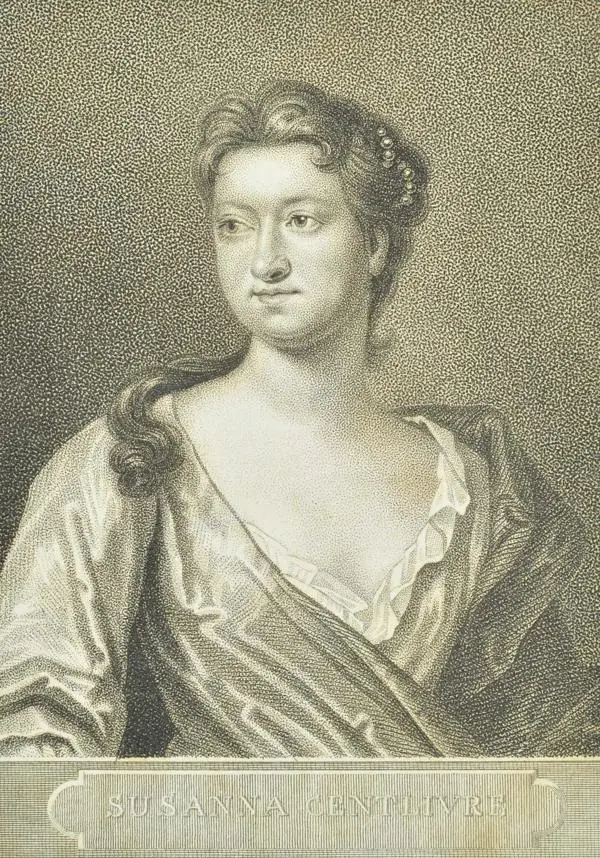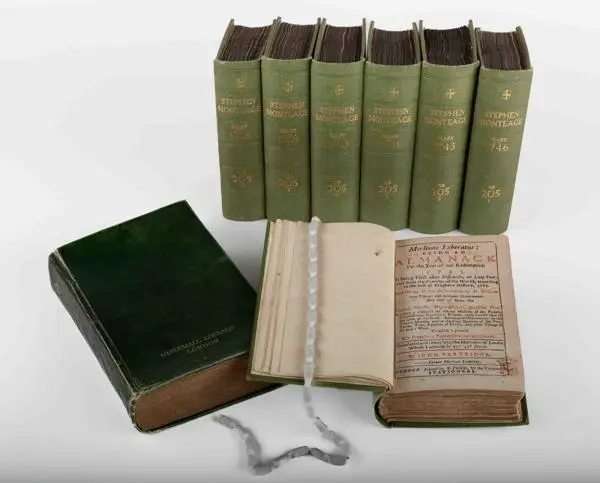Stephen Monteage junior
The daily life & times of Stephen Monteage, father and son in the City of London 1733-1764, Part 2
In the last newsletter we began a two-part exploration of the Monteage diaries, a small collection of nine diaries written by Stephen Monteage, which has been in the care of the City of London since it was purchased by Guildhall Library in 1895. Mark Arnold has been researching the diaries and has discovered that they were not in fact written by one person, but by a father and son, both called Stephen Monteage. In this second article, Mark writes about the content of the two diaries created by Stephen Monteage junior (1710-1767). All nine diaries are available to view at LMA (references CLC/479/MS00205/001 to 009), although volume 3 is currently on display in our Unforgotten Lives exhibition, where it will remain until March 2024.
We now turn our attention to Stephen Monteage junior (1710 - 1767), the only child of Stephen & Ann Monteage born on 21 June 1710 (volume 2:126) in the parish of St Giles Cripplegate. He followed his father’s occupation at the Excise Office, Custom House and at the York Buildings Company. The diaries written by him are the last two volumes (8 & 9) in the collection covering the period 1757 – 1764, marking an eleven year gap from the previous diary and subsequent death of his father in September 1754.
Stephen Monteage junior resided at Red Cross Street c.1757. His diaries have a more free hand than his father and regrettably are not as detailed, clear or precise. Neither does he share his father’s obsession with recording the weather or food consumption.
However, like his father he enjoys a good sermon in his parish church and also listening to notable preachers such as John Wesley and George Whitfield.
While he mentions attendance at the Office and daily business. Stephen’s leisure time is spent frequenting pubs, coffee houses and he has a keen interest in the theatre and music, mentioning productions, oratorios and cast members.
The most notable of his theatre visits are to see the works of one of the most successful female playwrights and actors of the eighteenth century in England, Susanna Centlivre (born Susanna Freeman), also known as Susanna Caroll (1669-1723). Susanna became known as the second woman of the English stage, after Aphra Behn.

2nd April 1758 (volume 8:154)
Went to Covent Garden & saw ‘ A Bold Stroke for a Wife’ by Susanna Centlivre,
This is a satirical English play first performed in 1718. The plot expresses the author's unabashed support of the British Whig Party: she criticises the Tories, religious hypocrisy, and the greed of capitalism.
Amongst the entries in Monteage’s diary is an early reference to receiving a small pox inoculation:
Wednesday 20th April 1757 8:34
'After Dinner call’d on Samuel Marriot who has been inoculated at his lodgings at a pastry cooks near Newgate'
Smallpox, was a serious, infectious and disfiguring disease, the scourge of 18th Century Europe, calculated to have killed some 400,000 people every year, and one third of those who survived went blind. The symptoms were horrendous: pus-filled skin lesions would form, eventually drying out, dropping off, and leaving deep, pitted scars, which led to smallpox becoming known as the 'speckled monster' in 18th Century England.
The last date in the last diary entry is 24th May 1764. Three years later we discover his burial of Stephen Monteague Gentleman in the Register of St Giles Cripplegate, on 5th June 1767 died of convulsions and buried at All Hallows London Wall.
